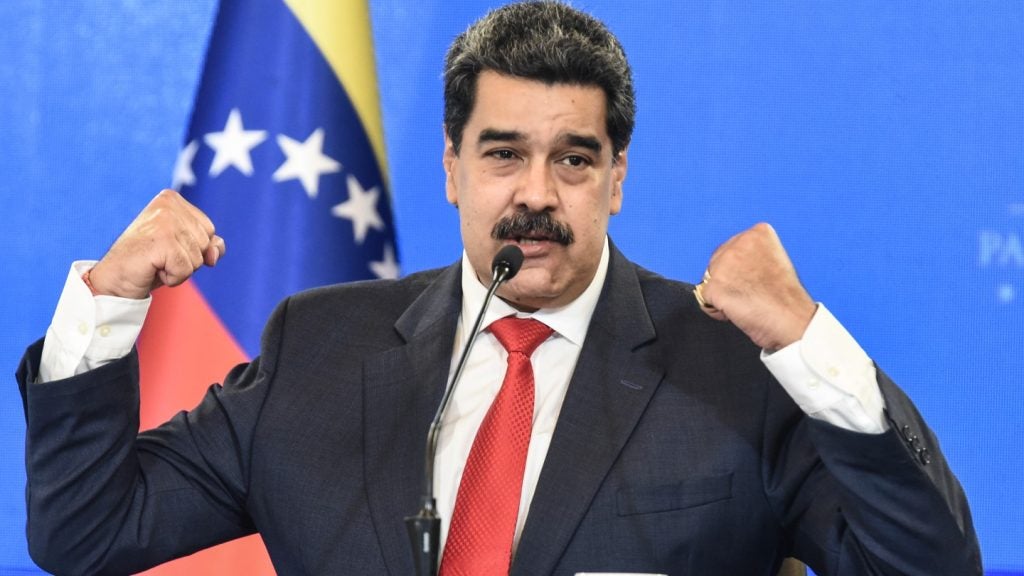Governments worldwide are realizing the potential of digital twins and are making it part of their national agenda.
The UK and Singapore have already developed national digital twins that represent a visionary approach to using digital replicas of the physical world to improve decision-making, enhance efficiency, and foster a new era of sustainable development. However, data integration, security, and interoperability must be ensured to achieve the full potential.
What are digital twins?
Digital twins are digital representations of physical assets, systems, or processes that help detect, prevent, predict, and optimize the physical environment through the use of artificial intelligence, real-time analytics, visualization, and simulation tools.
While some countries such as the UK and Singapore have been early adopters, other countries such as India, Tuvalu in Polynesia, Grenada in the Caribbean, and Greece are catching up.
Grenada created a digital twin of itself in 2021 prompted by the need to tackle climate change. India, on the other hand, unveiled its ‘Digital Twin Strategy for Indian Infrastructure’ report in August 2023, which set out an action plan for the government and stakeholders in the construction and infrastructure community to adopt BIM and digital twins.
Geospatial World, which commissioned the report, has established a Think Tank that believes introducing a national BIM and digital strategy will be key to India’s infrastructure development thereby improving its productivity and efficiency.
How well do you really know your competitors?
Access the most comprehensive Company Profiles on the market, powered by GlobalData. Save hours of research. Gain competitive edge.

Thank you!
Your download email will arrive shortly
Not ready to buy yet? Download a free sample
We are confident about the unique quality of our Company Profiles. However, we want you to make the most beneficial decision for your business, so we offer a free sample that you can download by submitting the below form
By GlobalDataGreece is embracing digital twins to improve Athens policy design and implementation related to transport, health, and environment to tackle air pollution—the cause of 6% of all deaths in the country.
By 2050, around 2.5 billion more people could be living in urban areas globally, according to the United Nations. This increase in urban population will require immense planning concerning infrastructure, services, and transport. This is where digital twins can play a vital role in ensuring an efficient, safe, cost-effective, and more sustainable way of urban development.
Virtual Singapore is already seeing the benefits
The twin concept is very much a success story in Singapore. Virtual Singapore, led by the government agency, Singapore Land Authority (SLA) is already seeing the benefits of digital twins. The 3D mapping used improved data availability by 50%, which helped in delivering a sustainable and accurate digital model. The data capturing tools used allowed potential annual savings of around $3.7m (S$5m) with a refresh cycle of every two years.
By using advanced aerial and street mobile mapping, SLA saved $21.8m and completed mapping in just eight months instead of two years. Additionally, the point cloud and imagery helped gain more ground information than the conventional surveying techniques, thereby enhancing accuracy.
The completed 3D model is used by nine government agencies for planning, designing, constructing, and monitoring infrastructure. It is also being used to enhance 5G deployment, undertake fluid dynamics and urban wind tunnel simulations, improve flight safety management, and enhance the placement of surveillance services. Therefore, Virtual Singapore has become a key enabler for developing Singapore into a sustainable and resilient country.
Challenges posed in implementing digital twins
Implementing digital twins comes with several challenges that stakeholders must navigate to harness their full potential. Firstly they rely on integrating a vast amount of disparate data from various sources, which makes data integration key for an accurate digital twin. Also, as they rely on data accuracy and quality, inconsistent or unreliable data can lead to incorrect insights.
Moreover, significant upfront costs are a barrier to adoption. Also, privacy and security remain a challenge as twins involve managing sensitive data which managed poorly can raise serious security concerns.
The way forward
While digital twins have vast benefits, having a clear vision and setting out the expected outcome is vital. It is paramount to establish a solid data governance and security foundation to protect against any breaches or errors in data management.
Moreover, as data is the lifeblood of digital twins, embracing and practicing good data management and interoperability is crucial. Also, an integrated approach from policymakers, organizations, research institutes, and individuals is required to build efficient and effective digital twins.







